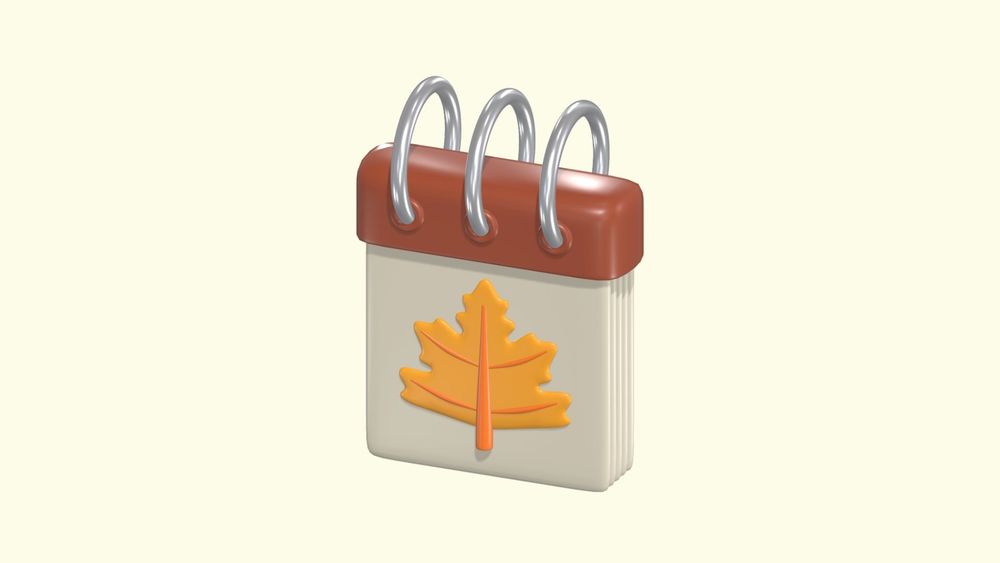Design can be described as the art of creating something new and different, usually with an intended purpose. In graphic design, this involves using visual elements such as images, colors, fonts, and layout to communicate a message or tell a story. It is a highly sought-after skill in today’s digital world and offers a wide range of career opportunities.
If you are interested in pursuing a career in graphic design, it is essential to familiarize yourself with the different types of graphic design. This will not only help you understand the various roles and responsibilities that come with each type but also allow you to explore types of graphic design jobs and find your niche.
8 Types of Graphic Design & Designer Roles
1. Visual Identity Design
Visual identity design or brand identity design is the process of creating a visual representation of a company or organization. This includes designing logos, business cards, letterheads, and other marketing materials that represent the brand’s image and values.
What you will do:
Visual identity graphic designers must possess a deep understanding of a company's vision and be able to translate it into visual elements that are easy to recognize and resonate with the target audience.
These designers create logos, typography, color palettes, and image libraries that represent a brand's personality. For instance, the iconic Apple logo or the unique Coca-Cola typography are excellent examples of visual identity design.
In addition to creating a brand's visual identity, designers often develop style guidelines, which act as a framework to ensure the company's visuals are consistent in all communications. This includes the brand's advertising, packaging, and digital presence. A well-established example would be Google's Material Design guidelines which provide comprehensive instructions on animations, style, layout, components, and usability patterns for web and mobile platforms.
2. Marketing & Advertising Design
Marketing and advertising design is to create visually appealing campaigns that aim to promote a product, service, or brand. Their work can include print advertisements, billboards, social media graphics, website banners and more.

Edit Christmas Podium Sale Template

What you will do:
Marketing and advertising designers must have strong design skills with an emphasis on visual communication and storytelling. They often collaborate with copywriters to ensure the visuals and messaging work together to create a compelling campaign.
They also need to have a keen understanding of the target audience, market trends, and product/service features in order to create effective designs that generate interest and engagement.
A deep understanding of various mediums and platforms is crucial for marketing and advertising designers as they must adapt their designs to fit different formats and channels.
Some famous examples of successful marketing and advertising campaigns are Nike's "Just Do It" slogan, Apple's iconic "1984" commercial, and Coca-Cola's Christmas advertisements. These designs have not only captured the attention of consumers but have also become ingrained in popular culture.
3. Packaging Design
Packaging design is a type of graphic design that focuses on creating attractive and functional packaging for products. It plays an essential role in the marketing and sales of a product as it is often the first point of contact with consumers.
What you will do:
Packaging designers must consider not only the aesthetic appeal but also the practicality and functionality of their designs. They need to take into account factors such as product protection, ease of use, and storage efficiency.
In addition to creating eye-catching designs, packaging designers must also ensure that their designs accurately represent the brand and its values. This includes incorporating branding elements such as logos, colors, and messaging into the design. This consistency in design helps to establish brand recognition and loyalty among consumers.
Packaging designers also need to be aware of packaging regulations and guidelines, particularly for products that contain food or other sensitive materials. They must ensure that their designs meet all necessary standards and requirements.
Use Pixcap 10,000+ 3D elements in your packaging, website, social media design and more
4. Motion Graphics
Motion graphics is a branch of graphic design that combines images, text, and animation to create visually appealing and informative content. It is often used in advertisements, explainer videos, and title sequences for film or television.
What you will do:
Motion graphics designers use software such as Adobe After Effects to bring static designs to life by adding movement and visual effects. They use a combination of techniques such as keyframing, compositing, and 3D modeling to create dynamic and engaging visuals.
In addition to technical skills, motion graphics designers must also have a strong understanding of storytelling and visual communication. They need to be able to effectively convey a message or story through their designs while maintaining a cohesive and visually appealing aesthetic.
The demand for motion graphics designers has increased in recent years, as more and more companies are using video content to market their products and services. This has created a need for talented motion graphics designers who can create compelling visuals that capture the attention of viewers.
5. Web Design
Web design is a specialized field of graphic design that focuses on creating the visual elements of websites. It involves designing layouts, selecting color schemes, and creating graphics and other visual elements to enhance the user experience.
What you will do:
Web designers work closely with web developers to create functional and aesthetically pleasing websites. They use their knowledge of design principles, typography, and user interface (UI) to create websites that are easy to navigate and visually appealing.
In addition to technical skills, web designers must also have a strong understanding of branding and marketing. They need to ensure that the website design aligns with the brand's identity and effectively communicates its message to potential customers.
With the rise of e-commerce and online businesses, the demand for skilled web designers has increased significantly. Companies are looking for designers who can create visually appealing and user-friendly websites to attract and retain customers.
6. Interactive Design
Interactive design is a rapidly evolving field of graphic design that combines elements of traditional graphic design with interactive media. This includes designing for digital products such as websites, mobile applications, and video games.
What you will do:
Interactive designers use their skills in graphic design, animation, and coding to create engaging and immersive user experiences. They work closely with developers to ensure that the design and functionality of a digital product are seamlessly integrated.
Interactive designers must also have a strong understanding of user experience (UX) principles and be able to conduct user testing to gather feedback and make necessary design changes. This ensures that the final product meets the needs and preferences of its target audience.
7. Illustration & Animation
Illustration and animation are two closely related fields that involve creating visual representations of ideas, stories, and concepts. Illustrators use various techniques to create images for books, magazines, advertisements, and other media. Animators, on the other hand, bring illustrations to life through movement and storytelling.
What you will do:
Illustrators and animators must have strong drawing skills and a keen eye for detail. They also need to be proficient in digital software such as Adobe Illustrator and After Effects. Their work can be seen in a variety of mediums, from traditional 2D animation to 3D CGI films.
Storytelling and visual communication are important aspects of illustration and animation. These professionals must be able to convey a message or emotion through their artwork, whether it's in the form of a children's book or a movie.
8. Typographic Design
Typographic design is an essential discipline that involves the artful arrangement of type to convey a message. This field encompasses a multitude of aspects, including font selection, line length, point size, tracking (adjusting the spaces between a range of characters), and kerning (adjusting the space between two characters).
What you will do:
Typographic designers are responsible for selecting fonts, sizes, spacing, and other aspects of typeface design to convey a specific message or aesthetic. They must have a deep understanding of typography principles and how to use them in various design projects.
Typography is not just about making text readable, it also adds personality and emotion to a design. A good typographic designer knows how to use type as a visual element to enhance the overall design and create a cohesive look.
In addition to working with traditional typefaces, typographic designers also create custom lettering and fonts. This requires a strong knowledge of calligraphy and hand-lettering techniques.
Summary
Understanding types of graphic design is crucial for any aspiring designer. It's not just about knowing the different areas of design, but also understanding how they work together to create a powerful visual message.
Whether you are interested in branding, packaging, or animation, each field requires a unique set of skills and knowledge. By exploring these various disciplines, you can discover your strengths as a designer and find the area that best suits your interests and talents.




